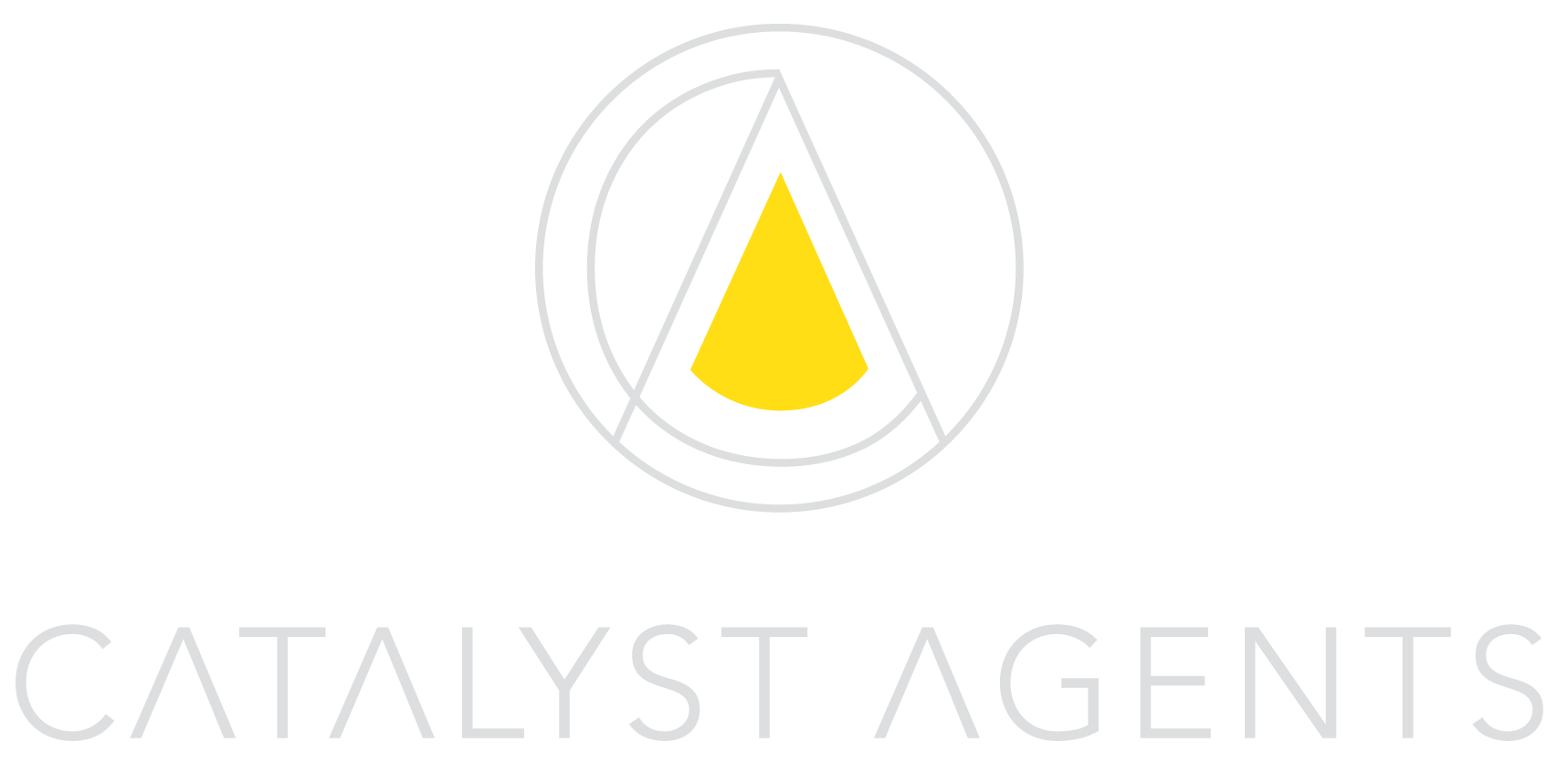WeChat Advertising Update for the Beauty & Skincare Industry: Regulation of Medical Beauty Ads in China
On September 14, 2021, China’s People’s Daily newspaper criticized the aggressive advertisements of cosmetic surgery, procedures, and treatments on public transit and social/mass media as overwhelmingly pervasive. Xinhua reported the plastic surgery market in China is expected to boom to $46.54 billion by 2022. However, will Beijing let this happen in the foreseeable future?
Image from Huffpost
In China, most cosmetic surgery advertisements associate qualities like “diligence”, “smart”, and “high-quality” with good looks and advocate plastic surgery to change one’s destiny. This not only distorts aesthetic perceptions but also prompts societal anxiety over people’s looks. On Little Red Book (aka XiaoHongShu), the popular Chinese social media platform, there are more than 290K posts with #PreAndPostOP, where most posts display photos of before and after cosmetic surgery operations including overhauled jawlines, plumped lips, reconstructed cheekbones, and more.
Due to the prevalence of social media, people always post their best-looking photos or even modified selfies. Today’s youth subconsciously compare themselves with others on social media and they have become more self-conscious of how they look. It’s common now for youth to undergo procedures to make their eyes wider and noses higher.
GIF from Digitalreview
Yet, not everyone can afford expensive surgeries. Many gullible young people fell prey to fraud loan agencies, believing that their applied loans were zero-interest when in fact the interest rates are as high as 30%. Most of the cosmetic surgeries loans are frauds, and some clinics don’t even have qualified surgeons, which makes the procedures extremely risky. The key issue with all these medical and cosmetic surgery ads is that they do not disclose the risks associated with the procedures. This is why China has taken a step to regulate medical beauty ads and loans. All before and after photos from cosmetic surgeries are permanently banned on Wechat and other major social media platforms like RED (aka XiaoHongShu).
People’s Daily also said it was “imperative and urgent” to regulate all these cosmetic surgery advertisements. Beijing has already started the process back in May when the National Health Commission issued a guiding document in hopes to eliminate loan sharks. In June, financial institutions were banned from cooperating with plastic surgery clinics. In the past few months, China has taken steps to regulate industries that have taken liberties with their advertising, industry practices, and/or product development. For example, with youth spending long hours playing online games, the government had put in place caps on how many hours could be spent on online gaming; private tutoring practices were charging several hundred yuan for just one private session, which incentivizes regular teachers and private tutors to drive up prices to a point where parents can no longer afford it, adding financial pressure to already dire times. Medical beauty ads are along the same lines as these 2 examples, if not more severe, because not only are these ads pressuring youth to spend more money on cosmetic procedures and treatments, but they are also trapping them with fraudulent loans.
Chinese star Gao Liu shares photos of 'nightmare' nose surgery.
Photo from BBC
To combat the public’s obsession with cosmetic surgery, positive body image awareness campaigns have been emerging on the internet recently. There are multiple hashtag campaigns on Weibo like #SayNoToAppearanceAnxiety and #DoYouHaveAppearanceAnxiety. These hashtags have been viewed 490M times and drawn thousands of responses. Beauty standards in China are seemingly starting to shift (hopefully for the better). How will this impact China’s beauty industry in the future?




